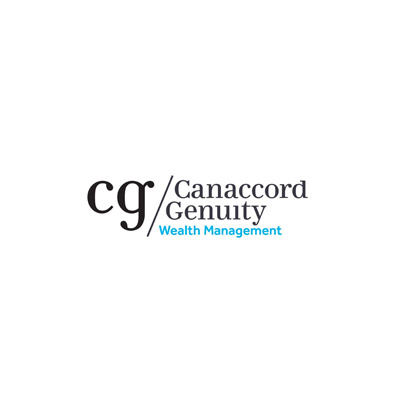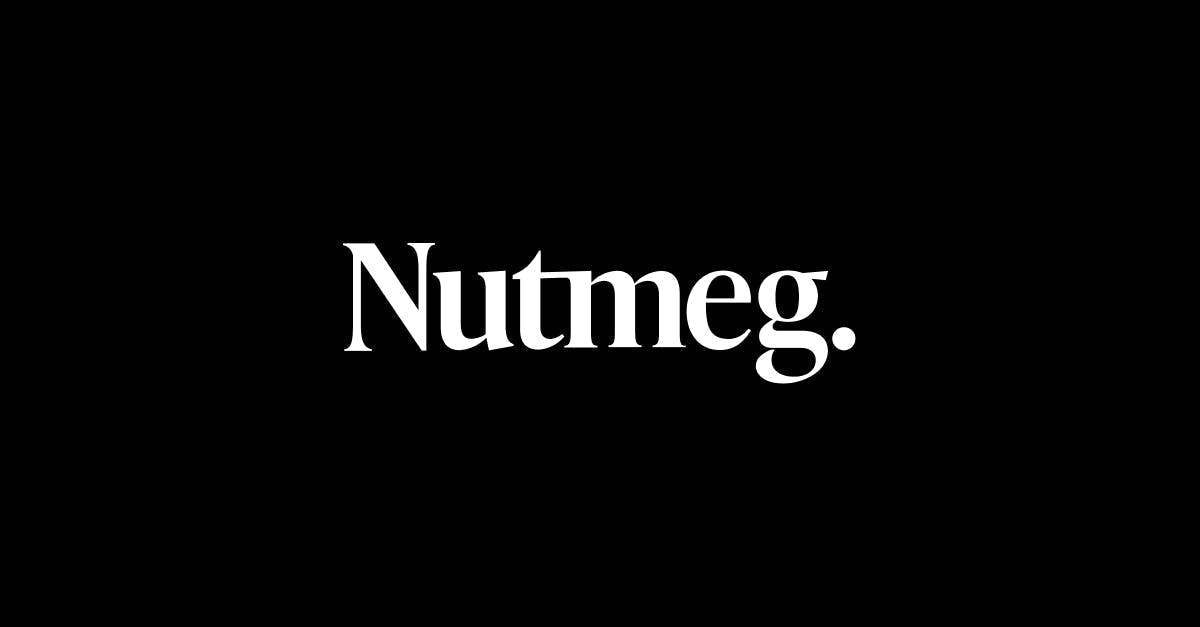Investors in ETFs are often bound by an index provider’s definition of asset classes and sectors, especially in the antiqued universe of emerging markets.
The growing complexity of the global political and economic backdrop – see Russia and China – mean many are finding the current broad-based exposures outdated.
As Michel Perrera, CIO at Canaccord Genuity Wealth Management, said: “The gross domestic product per capita of Taiwan – an emerging market – is halfway between the size of Australia and Germany, while the GDP per capita of South Korea is the same as Japan. “The definition of emerging markets from that perspective is not very clear.”
Despite the risks of investing in emerging markets being well documented, investors continue to be drawn in by the diversification benefits. However, it is now harder than ever to cut through the noise.
Spiralling global inflation and subsequent interest hikes, China uncertainty and the war in Ukraine have thrown up some major questions for emerging market economies. Furthermore, the rise in thematic megatrends, the role of ESG and the reverse of globalisation have led many investors to redefine the way they approach the market.
Last month, BlackRock founder, chairman and CEO Larry Fink warned Russia’s invasion of Ukraine put an end to the globalisation that has been in place since the end of the Cold War, while the economic uncertainties that emerged from the pandemic have pushed investors to take single-country focus.
A new world order
Perth Tolle, CEO of Life + Liberty Indexes, said while emerging markets are still important as a diversification tool the way investors allocate to, the asset class is due an overhaul.
“It is still the asset class with the best potential to outperform going forward and for diversification benefits it is still relevant, but the way we allocate to emerging markets needs a rethink,” she continued.
“Emerging markets by their nature are dominated with autocracies and when we rely on market capitalisation weight it is going to cause huge autocracy heavy concentration and that is a massive risk in emerging markets and it is what has caused a drag on returns.”
The Freedom 100 Emerging Market ETF (FRDM), which Tolle launched in the US in 2019, tracks an index that selects and weights exposure to emerging market equities based on personal and economic freedom metrics – excluding autocratic states such as China and Russia.
“All the reasons why China and Russia imploded or reasons of freedom. China for economic freedom and cracking down on their star industries, and their tech which is causing the volatility in China. Now they have seen a massive out-flow partly because of their affiliation with Russia and their refusal to condemn Russia’s actions,” Tolle added.
FRDM has been thrust into the ETF market limelight in recent months due to the ongoing volatility of those two nations, almost doubling its assets under management to $200m, catching the attention of a legion of retail investors. The performance speaks for itself too, returning 3.2%year to date versus -20.1% of the Dow Jones Emerging Market index.
Echoing Tolle’s comments, Brad Holland, director of investment strategy at Nutmeg, agreed there is a place for emerging markets in investors’ portfolios but the way we think about them has been undermined by geopolitics between China and the US and the former’s continued draconian approach to COVID-19.
“Russia and China will both be more problematic going forward than they have been in the past so what can you do? You probably come to look on it at country basis,” Holland said. “There is still a lot to be said for looking at Latin America or Asia ex-China.”
Despite this, Holland added there is still a considerable amount of idiosyncratic risk involved in country-specific allocation compared to a broad-based basket. Research conducted by ETF Stream and Amundi last December found most investors were more likely to be targeted with their allocations, with 40% stating they would be while 28% stated “somewhat” and 32% said they would not.
Dan Kemp, global CIO at Morningstar Investment Management, said the best approach toward emerging markets is a granular one.
“We look at emerging markets through the lens of individual countries and sectors so you understand the interplay between the two and where the cross-section of value might be.”
Time for a thematic overhaul?
Another way investors are increasingly starting to view the world is through a thematic lens which many are banking on shaping the culture and society of the future, particularly if the prediction around the end of globalisation comes to pass.
Perrera said: “No matter what, there is nowhere that could fill the gigantic manufacturing gap that would be left by China. What is likely to happen is people are going to move towards automation and robotics, reducing dependence on China without having to incur a huge additional cost.
That means moving out of emerging markets and more towards the developed world, it is going to be more theme orientated, not country orientated.
Kemp said he believes thematics can play an important role in simplifying a diverse collection of markets but is wary of narratives driven by hindsight. “When we think about the emerging markets we try and group them together conveniently and
thematics do a brilliant job of simplifying something very complicated,” he continued. “But the only real way to simplify emerging markets is to break them up into parts.”
Holland said thematics can play a role in a new way of approaching emerging markets but would like to see liquidity issues ironed out first.
“The jury is very much out and we have had some false starts on thematics such as electric vehicles. We should expect these false starts to continue until these liquidity problems are sorted out.”
Tolle said she sees FRDM as a factor but that it can also be seen as a broad theme given its strong narrative and ease of understanding.
“We have a massive retail following, you do not need a PhD or a CFA to figure it out. They want to invest in the places that are promoting freedom and peace because it is very obvious that not everyone is right now.”
This article first appeared in ETF Insider, ETF Stream's monthly ETF magazine for professional investors in Europe. To access the full issue, click here
Related articles







